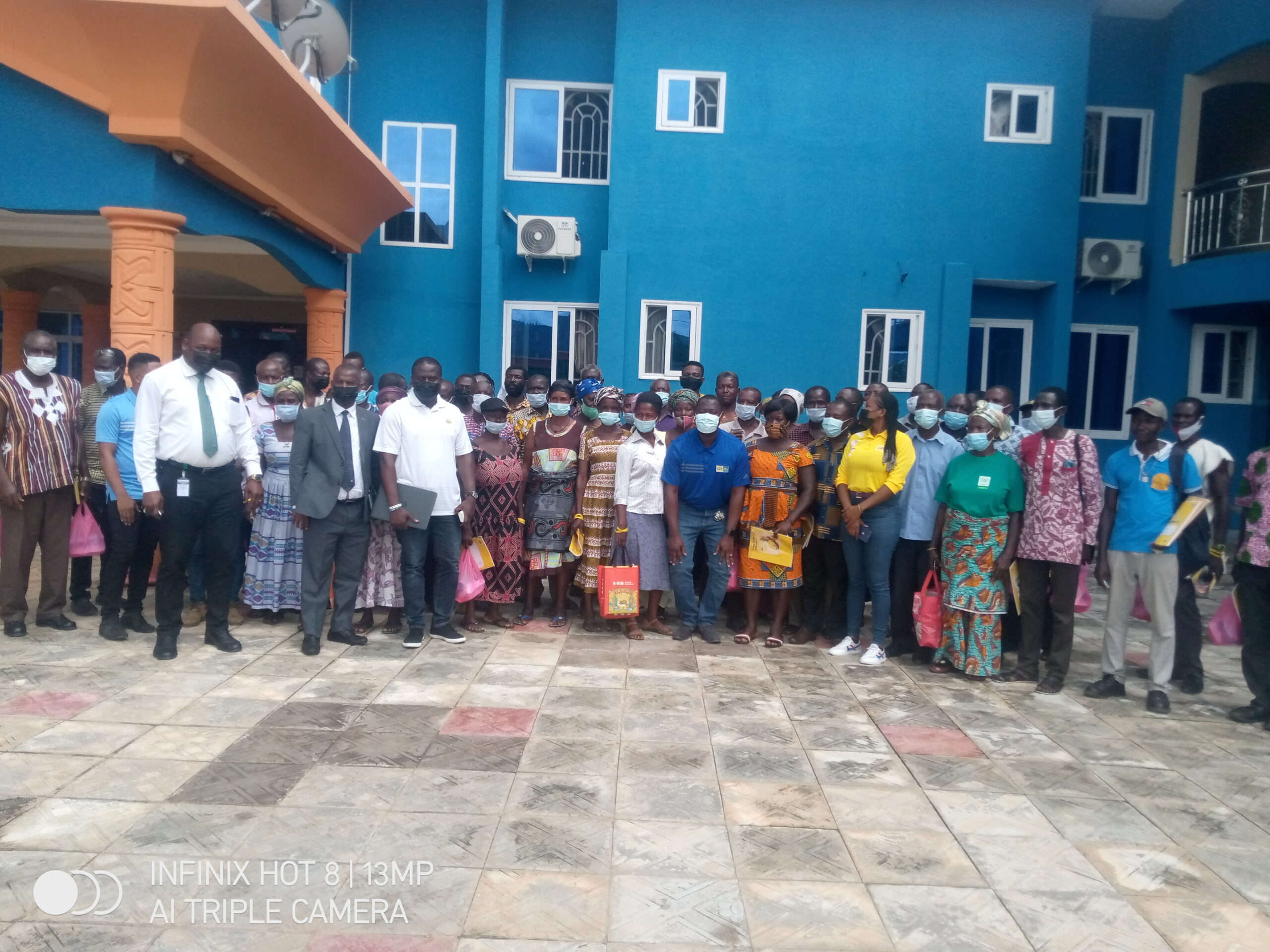Blame Foreigners For Our Fishing Problems – Farmer Alleges

The two times National best fingerling and cage fish farmer, Mr. Benjamin Blackie Forson has accused foreign nationals who are into fish farming in the country as behind the challenges engulfing the fishing industry.
He disclosed this to Rite FM saying, numerous foreigners from countries including India and China come along with their breed of fishes.
The Ministry of Fisheries and the Water Research Institute in 2017 were reported to be investigating claims that some foreigners are breeding a strain of tilapia in the country with steroids.
The foreigners suspected to be from China, Bangladesh and India have allegedly been engaging in this acts at the various fish farming zones across the country.
The 2008 and 2016 national best fish farmer noted, these exotic breeds when mixed with the local ones cause fish mortality.
These breeds according to Mr. Benjamin do not only come with diseases but also with system which is susceptible to the Ghanaian climate.
The 2018 report by the International Food Policy Research Institute (IFPRI), says over the past decade, Ghana’s tilapia farming has experienced tremendous growth in production, contributing to improved incomes for the industry and animal protein for consumers.
But losses of over 100 tonnes of cage-farmed fish in the Lake Volta region in recent times highlight the serious challenges Ghana faces in securing and expanding upon this growth.
Another research has shown that the recent growth in tilapia farming in Ghana is largely due to four factors: an improved local Akosombo strain developed and released in 2005, government’s policy support initiatives, improved management practices and technologies at hatcheries and production levels, and finally, availability of high-quality feeds locally.
However, fish diseases including streptococcus bacteria in 2014 and Tilapia Lake Virus in 2018, likely caused by poor management practices, seasonal poor water quality, and illegal imports of foreign Tilapia strains, are causing high mortalities of tilapia in some sections of Lake Volta.
Working against these challenges, government through partnership has launched a three year project titled, “Accelerating aquaculture development in Ghana through sustainable Nile Tilapia seed production and dissemination,” (TiSeed in short).
The project was launched at the Water Research Institute, (WRI), Council for Scientific and Industrial Research (CSIR), in Accra.
The 3-year project, which runs from 2019 to 2022, focuses on tilapia seed improvement and is being implemented by a consortium of international and local research institutes, led by IFPRI, supported by the CSIR-WRI, KIT Royal Tropical Institute in the Netherlands, and WorldFish. Other partners are Fisheries Commission (a government institution) and two private hatcheries (S-HOINT Ltd. and Crystal Lake Ltd.).
Source: Mac-Jerry & Deborah Awusi/ritefmonline.org


